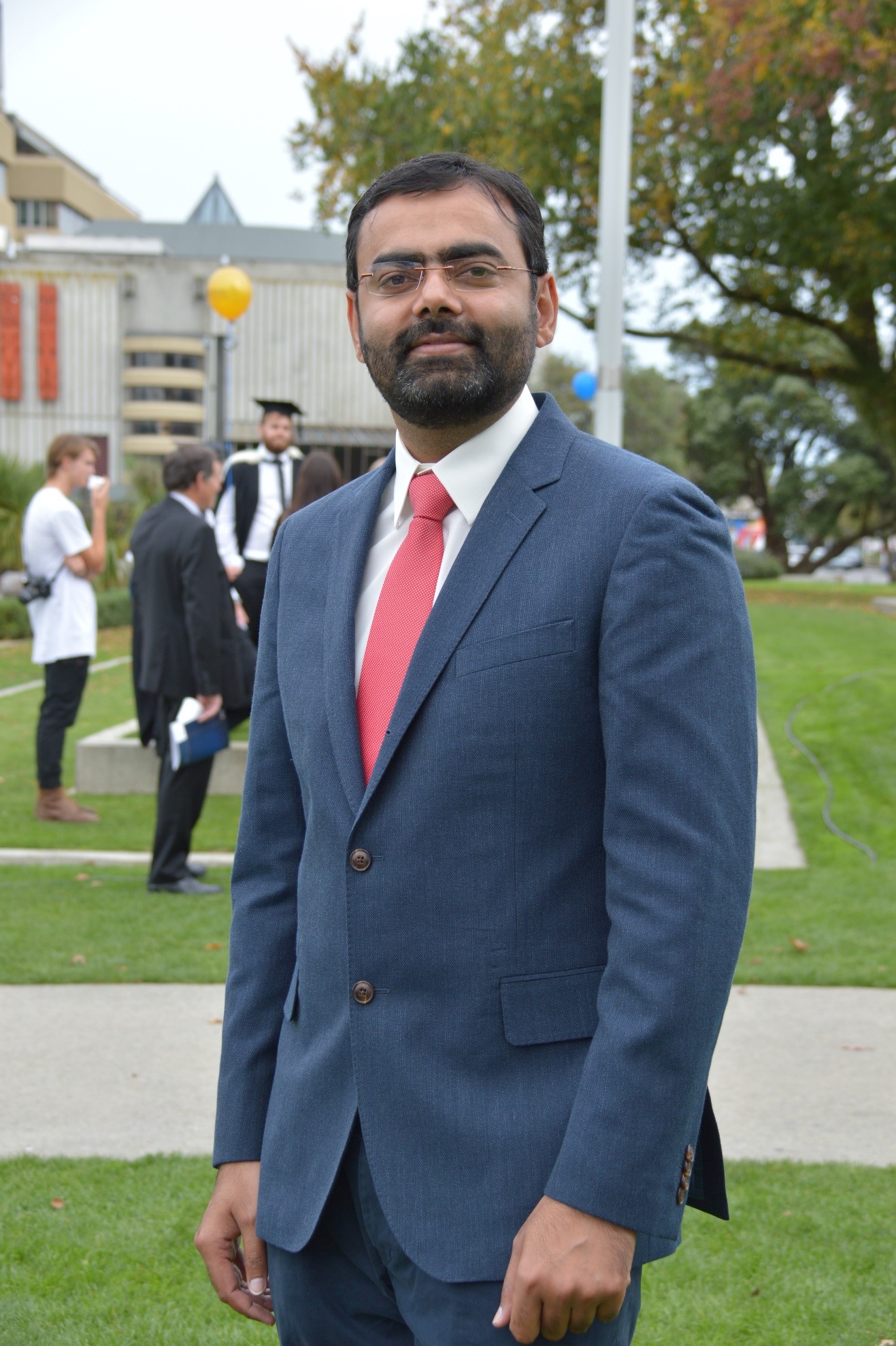
Dr Zia Ur Rehman
Associate Professor, Department of Physiology, The Islamia University of Bahawalpur-PakistanSpeech Title: CAMEL Production: Nature's Way Forward to Combat Climate Change
Abstract: Devastating effects of global warming and climate change are more evident since the start of 21st century. Implications of climate change are becoming more severe with ever growing world human population. In this perspective, arid and semi-arid lands (ASALs) are more effected by unexpected extreme weather conditions. However, nature has provided its solution in the form of unique resilient flora and fauna in ASALs. The dromedary camel (Camelus dromedarius) is a large even-toed ungulate which is distributed mainly in ASALs and deserts of Asia and Africa, while feral camels are inhabited in Australia. According to FAOs live animal statistics, the worldwide camel population is ~ 35 million heads. This beast' distinctive features include its narrow chest, long and curved neck, single hump and long hairs on the throat, shoulders and hump. Average live body weight of females and males typically ranges between 300 and 540 kg and 400 and 600 kg respectively. Among other biological adaptations, their tolerance to dehydration, heat stress, feed scarcity and ability to convert scanty vegetation into milk, meat and fiber make this animal unique among the livestock species. Furthermore, food products from camels are of high nutritional and nutraceutical value. Traditionally camels are reared in the nomadic system, which is typically featured with low production while of prime importance in socio-economic status of nomads. Sedentary system involves keeping this beast around permanent settlements where vegetation is available for grazing year-round. Extensive farming systems with modern techniques (biotechnology, reproductive synchronization and advanced husbandry and veterinary services) are in practice mainly in Middle East where food of camel origin is very popular and expensive. In conclusion, camel has a potential to perform better in the likely events of climate change and global warming and becomes a strong candidate to play vital role in food security in future.
Biography: Dr Zia Ur Rehman is a veterinarian (DVM) with PhD in Nematode Physiology from Massey University, New Zealand. During his PhD, Dr Rehman served as student representative on Doctoral Research Committee, (highest forum of policy developing, conflict resolution and day-to-day matters of doctoral candidates of Massey University). He is involved in higher education and research since 2007 and served in different national and international institutes including Massey University, New Zealand and Medical University of Graz, Austria. Presently he is working as Associate Professor of Physiology at The Islamia University of Bahalwapur-Pakistan. He has several international and national publications to his credit. Dr Rehman is a certified trainer of Bio-Risk Management in Pakistan. Among other professional memberships, he is a proud member of Council of Asian Science Editors (CASE). In recognition of his teaching and research practices he has been awarded the prestigious “Associate Fellowship of Higher Education Academy (AFHEA)” from National Academy of Higher Education (NAHE), UK.

